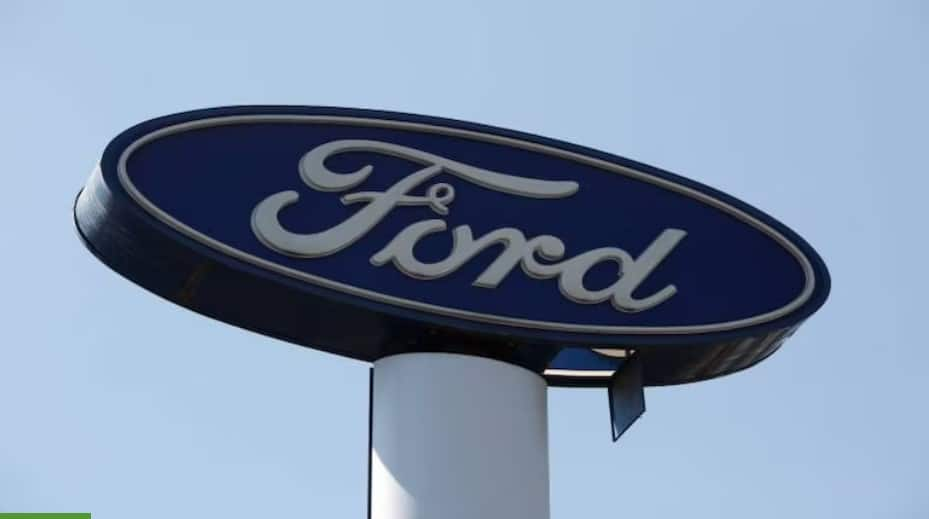Ford Motor Company: A Strategic Return to India
Ford Motor Company, a leading player in the global automotive industry, is poised to make a significant return to the Indian market after a three-year hiatus. With an intensified focus on the production of electric vehicles (EVs), Ford aims to realign its business strategies to meet the rapidly evolving demands of consumers and advancements in technology. This initiative comes on the heels of Ford’s exit from India in September 2021, primarily due to continuous financial losses and challenges in maintaining competitive positioning in the local market.
Background: Ford’s Previous Exit from India
Previously, Ford established a strong foothold in the internal combustion engine (ICE) segment with popular models such as the Figo, EcoSport, Endeavour, and Aspire. However, financial struggles led to the closure of its manufacturing facilities in Sanand, Gujarat—which was subsequently sold to Tata Motors in 2022—and the Maraimalai Nagar plant near Chennai, which ceased operations in July 2022. This strategic retreat marked a significant loss for the brand in one of the world’s largest automotive markets.
Renewed Focus on Electric Vehicles
Ford recognizes that the Indian automotive landscape is on the brink of transformation, with 2025 earmarked as a pivotal year for the electric vehicle market. The company understands that continuing to produce petrol or diesel vehicles may no longer be economically viable. Consequently, it is retooling its Chennai plant to establish a dedicated assembly line for battery-powered vehicles, heralding a fundamental shift in its operational focus.
Collaboration with Tamil Nadu Government
As part of its re-entry into the Indian market, Ford has submitted a Letter of Intent to the Tamil Nadu government, signifying its commitment to repurpose the Chennai facility for predominantly exports. This move follows high-level discussions between Ford leadership and Tamil Nadu’s Chief Minister, MK Stalin, during his recent visit to the United States. The Chennai facility boasts a robust annual capacity of 200,000 vehicles and an engine production capability of 340,000, positioning Ford to efficiently cater to global demands.
Strategic Plans for India
According to industry insiders, Ford’s immediate plan involves setting up a robust supplier ecosystem focused on EV components, including battery systems. Once a dependable supplier network is established, Ford intends to commence production of electric vehicles at its Chennai location. These vehicles will initially be exported to global markets, with a subsequent introduction planned for the Indian domestic market.
Official Insights from Ford
In a statement provided by a Ford Motor India spokesperson, the company emphasized that further details regarding the types of manufacturing operations will be disclosed in due course, while refraining from commenting on speculation surrounding its plans.
Retooling the Chennai Facility
Ford’s recent press release highlighted the strategic remodeling of the Chennai facility as part of its global Ford+ growth plan. “This initiative underlines our enduring commitment to India as we leverage Tamil Nadu’s proficient manufacturing landscape to access new global markets,” noted Kay Hart, the president of Ford’s International Markets Group.
Expert Opinions on Ford’s Return
The automotive industry viewed Ford’s previous exit from India in 2021 as a significant oversight, given the country’s standing as the world’s third-largest automotive market. However, experts agree that Ford’s decision to return with a pronounced focus on electric vehicles is a well-calculated strategy that positions the company for long-term success. By addressing the growing demand for sustainable transportation solutions, Ford aims to reclaim its share in the competitive landscape and enhance its brand reputation moving forward.












